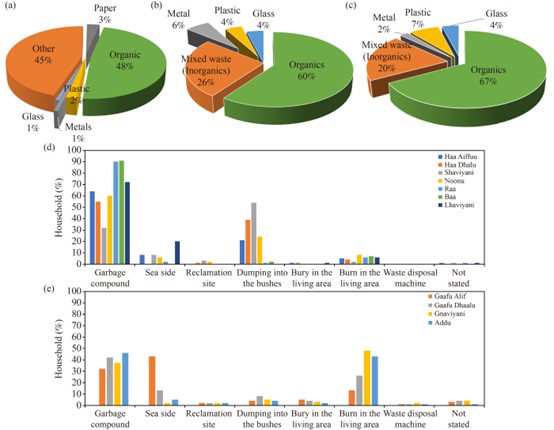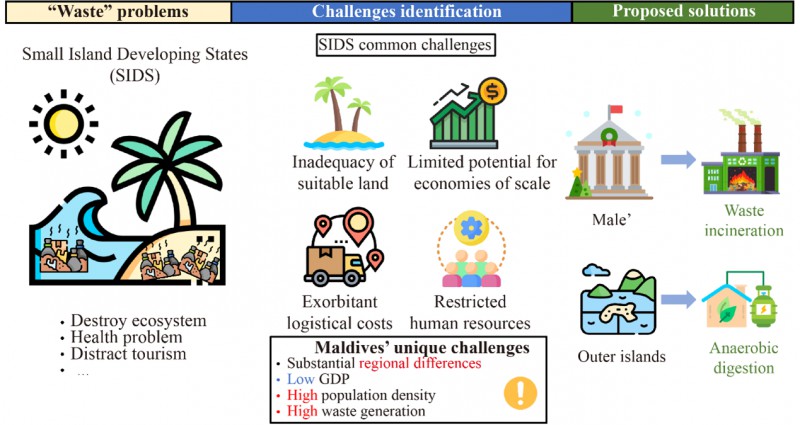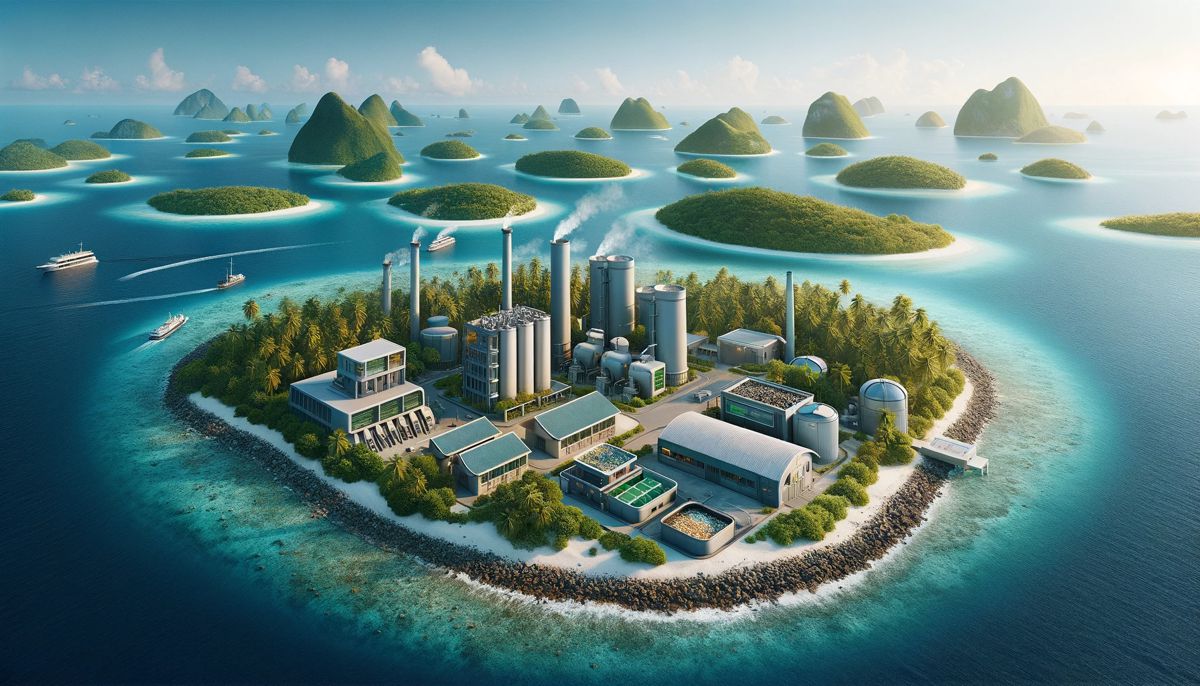Exploring Waste-to-Energy Solutions in the Maldivian Archipelago
A study published online on October 30, 2023, in the journal of Frontiers of Environmental Science & Engineering, addresses the crucial waste management challenges faced by Small Island Developing States (SIDS), with a specific focus on the Maldives.
This research underscores the impact of the region’s distinct natural and socioeconomic elements on waste management strategies. It aims to bring to light the unique aspects that shape waste management in such island nations, emphasizing the need for tailored approaches in these environments.
The study provides an in-depth analysis of waste management practices across different Maldivian regions, highlighting the disparities in waste generation and disposal methods. It examines the current waste management practices and their effectiveness in different regions of the country, highlighting the challenges posed by geographical dispersion and population density.

Dr. Yao Wang and colleagues emphasize the necessity of context-specific solutions for effective waste management in Maldives, considering the country’s unique environmental and socioeconomic conditions.
The study then delves into proposing waste-to-energy solutions, which are specifically tailored to suit the unique conditions of the Maldives. These solutions include waste incineration methods suitable for densely populated areas and decentralized anaerobic digestion systems for outer islands. The research provides a detailed evaluation of how these waste-to-energy strategies can significantly reduce waste volume while simultaneously contributing to the energy supply of the region, thus offering a dual benefit.
The proposed waste-to-energy solutions include waste incineration in densely populated areas and decentralized anaerobic digestion in outer islands. These strategies aim to reduce waste volume while providing a significant portion of the energy supply, potentially transforming waste management in Maldives.

Highlights
- Maldives’ unique natural and socioeconomic status cause waste management challenges.
- Context-specific solutions needed for sustainable waste management in Maldives.
- Waste management practices differ greatly between Male’ city and outer islands.
- Waste incineration in Male’ will double Maldives’ renewable energy supply.
- Decentralized anaerobic digestion proposed for outer islands to recover energy.
The study suggests the importance of continuous research and development of sustainable, ecologically sound waste management strategies. It underscores the need for scalability and economic viability in waste-to-energy technologies.





























